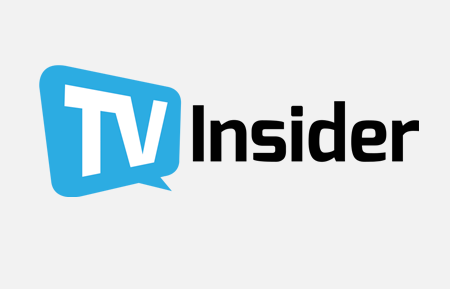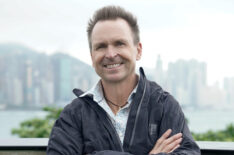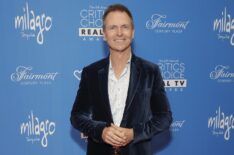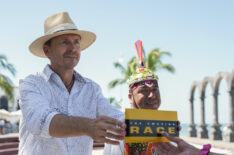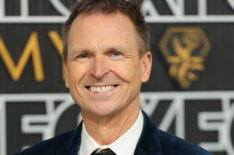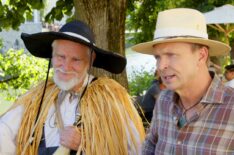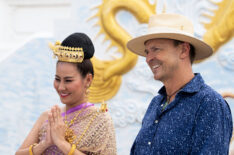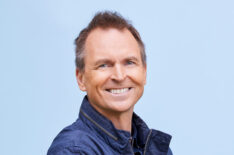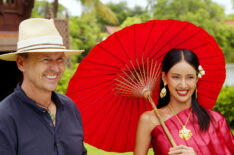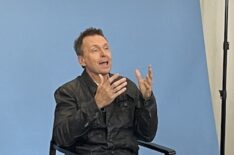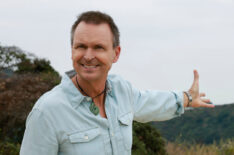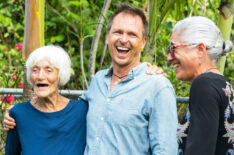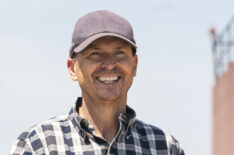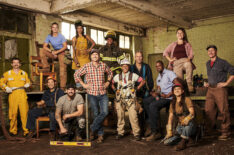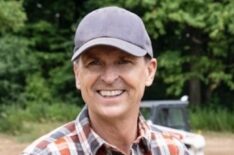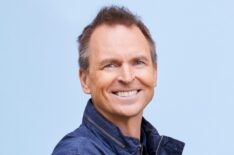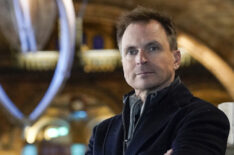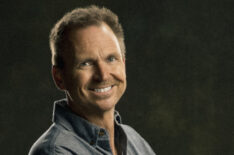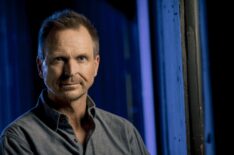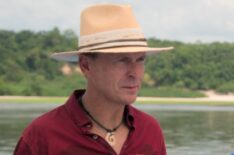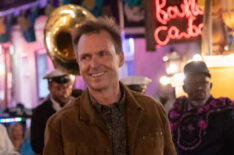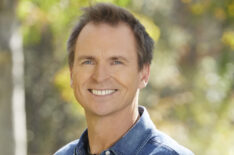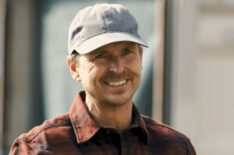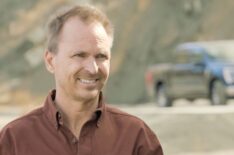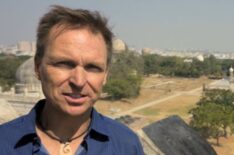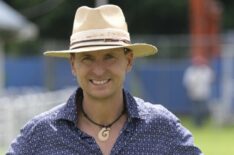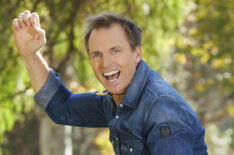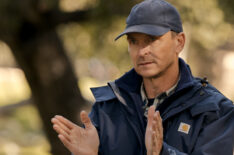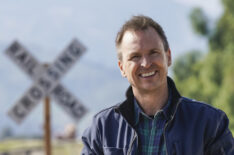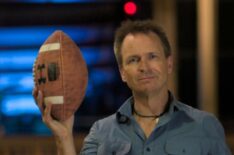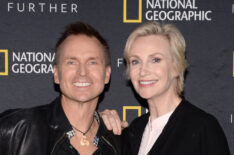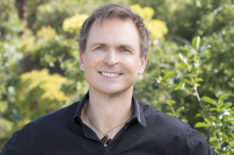Phil Keoghan
Credits

Hollywood SquaresStream
Guest
Game Show
2025

Family Film and TV Awards
Self
Show
2024
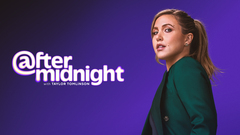
After MidnightStream
Guest
Talk
2024
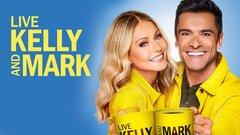
Live with Kelly and MarkStream
Guest
Talk
2023
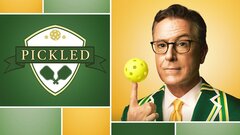
Pickled
Self
Special
2022
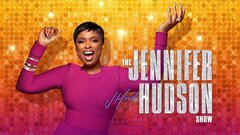
The Jennifer Hudson ShowStream
Guest
Talk
2022
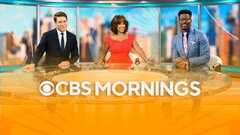
CBS Mornings
Guest
News
2021
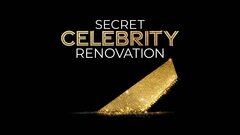
Secret Celebrity RenovationStream
Guest
Reality
2021

The CBS Thanksgiving Day Celebration
Guest
Show
2020
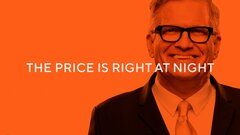
The Price Is Right at NightStream
Guest
Game Show
2020
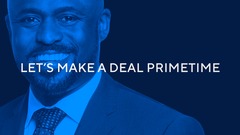
Let's Make a Deal Primetime
Guest
Game Show
2020
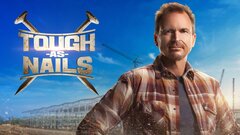
Tough as NailsStream
Creator
Series
2020

Tough as NailsStream
Executive Producer
Series
2020

Tough as NailsStream
Host
Series
2020

Tough as Nails: Extras
Actor
Show
2020

Josh Gates Tonight
Guest
Show
2020

Access Daily
Guest
Show
2019

Access Live
Guest
Show
2017

Daily Blast Live
Guest
Show
2017
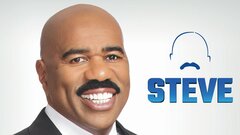
STEVE on Watch
Guest
Talk
2017

Flying High With Phil Keoghan
Host
Show
2017
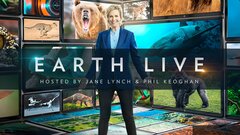
Earth Live
Host
Special
2017

Aerial New Zealand
Director
Show
2017

Aerial New Zealand
Executive Producer
Show
2017

Neuseeland entdecken
Director
Movie
2017

Earth Live
Actor
Movie
2017

The Price Is Right Primetime Special - The Amazing Race Edition
Guest
Show
2016

Le Ride
Director
Movie
2016

Le Ride
Executive Producer
Movie
2016

Le Ride
Narrator
Movie
2016

Le Ride
Writer
Movie
2016
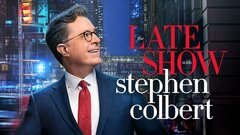
The Late Show With Stephen ColbertStream
Guest
Talk
2015

Hollywood Today Live
Guest
Show
2014

Amazing Race: Extras
Actor
Show
2014

Space
Host
Show
2014
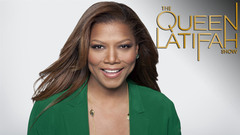
The Queen Latifah Show
Guest
Talk
2013

I Get That a Lot
Actor
Show
2013

Home & Family
Guest
Talk
2012

Home & Family
Host
Talk
2012

The Ride
Actor
Show
2012

CBS This Morning: Saturday
Guest
Show
2012

The Amazing Race 19
Host
Show
2011

The Ride
Director
Movie
2011
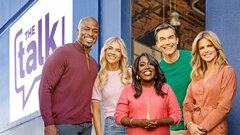
The Talk
Guest
Talk
2010

Access Hollywood Live
Guest
Show
2010
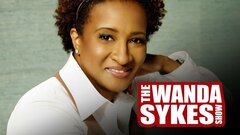
The Wanda Sykes Show
Guest
Talk
2009
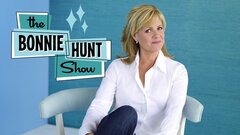
The Bonnie Hunt Show
Guest
Talk
2008

Million Dollar Password
Contestant
Show
2008

The 9th Annual Family Television Awards
Host
Show
2007

No Opportunity Wasted
Host
Show
2007
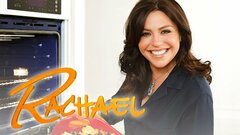
Rachael Ray Show
Guest
Talk
2006

etalk
Guest
Show
2006

Between the Lines With Barry Kibrick
Guest
Show
2006
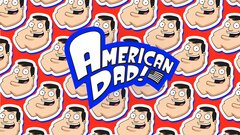
American DadStream
Guest Voice
Himself
Series
2005
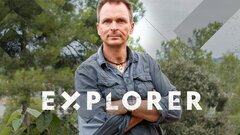
ExplorerStream
Host
Series
2005
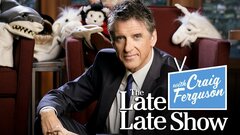
The Late Late Show With Craig Ferguson
Guest
Talk
2005
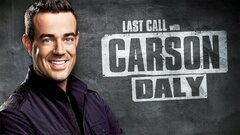
Last Call With Carson Daly
Guest
Talk
2002
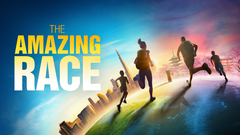
The Amazing RaceStream
Executive Producer
Reality
2001

The Amazing RaceStream
Host
Reality
2001

The Early Show
Guest
Show
1999

Entertainment Tonight
Guest
News
1981
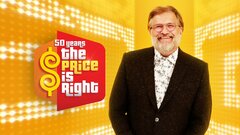
The Price Is RightStream
Guest
Game Show
1972
News aboutPhil Keoghan
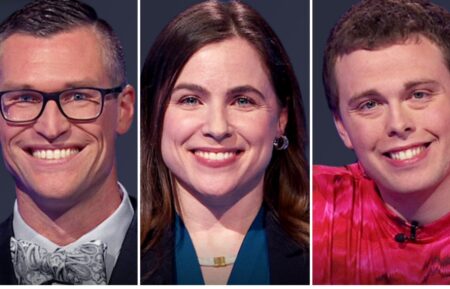
Spoiler Alert
‘Jeopardy!’ Contestant Speaks Out After ‘Most Exciting Interview Story Ever’
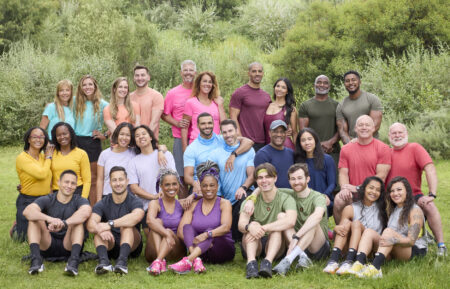
‘The Amazing Race’ Premiere: Where to Watch & Stream, Cast, Game Changes (PHOTOS)
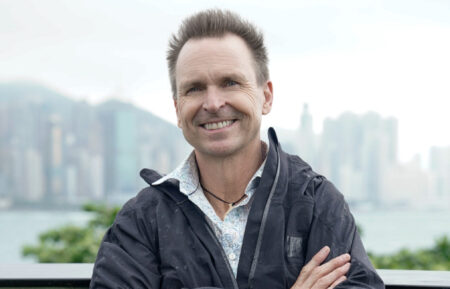
Exclusive
Phil Keoghan Has ‘The Amazing Race’ Down to a Science — Literally

Critics Choice Real TV Awards 2024 Red Carpet: Reality Stars Arrive in Style (PHOTOS)
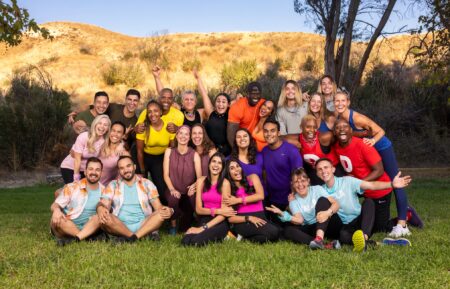
‘The Amazing Race’ Season 36 Cast Revealed: Former NFL Player, Firefighter Moms & More (PHOTOS)
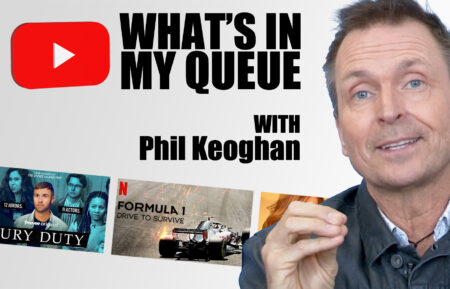
Exclusive
What’s in Phil Keoghan’s Queue? ‘The Morning Show,’ ‘Midnight Diner’ & More (VIDEO)
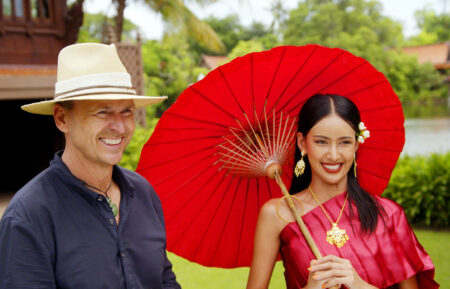
How ‘The Amazing Race’ Finds Its Global Greeters
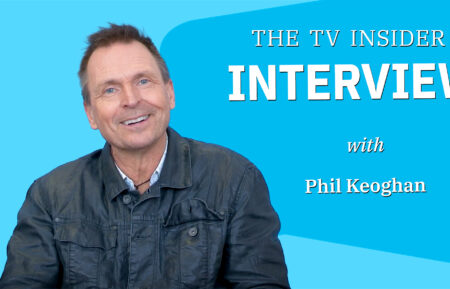
Exclusive
Phil Keoghan Answers Every Question You’ve Ever Had About ‘The Amazing Race’ (VIDEO)
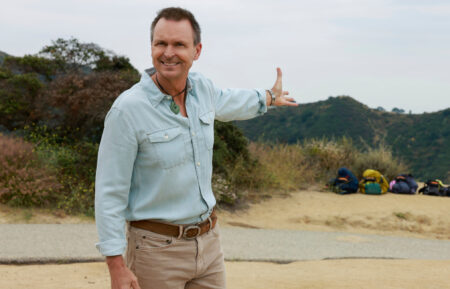
Exclusive
‘The Amazing Race’ Premiere: Phil Keoghan on Why Supersized Season Won’t ‘Jump the Shark’ (VIDEO)
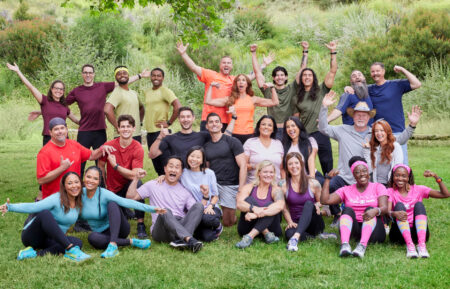
‘The Amazing Race’ Adds 2 More Pairs for Supersized Season 35 — Meet the Cast (PHOTOS)
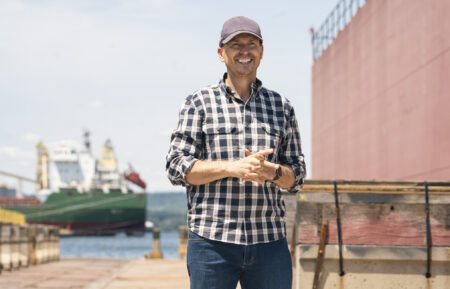
Exclusive
Phil Keoghan Talks ‘Tough as Nails’ Season 5 ‘Elite’ Cast — See Martin Short’s Premiere Cameo (VIDEO)
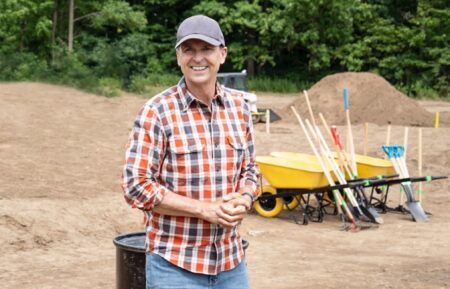
‘Tough as Nails’ Returning to CBS Summer Schedule, 2 Episodes to Air Weekly
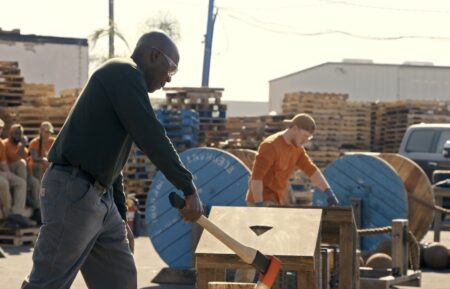
Exclusive
‘Tough as Nails’ Oldest & Youngest Players Face off in Final Team Challenge (VIDEO)
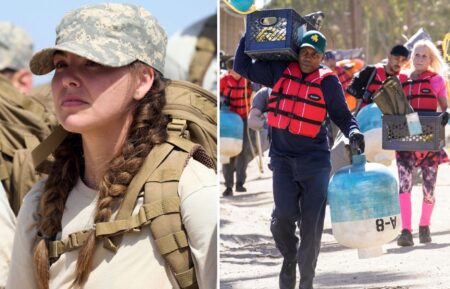
‘Special Forces: World’s Toughest Test’ vs. ‘Tough as Nails’: Which Format Do You Prefer? (POLL)
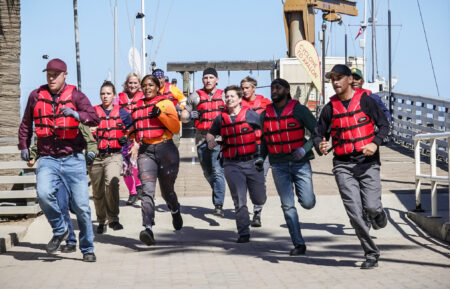
Exclusive
‘Tough as Nails’ Season 4: Phil Keoghan Takes Us Behind the Scenes of Premiere’s First Challenge (VIDEO)
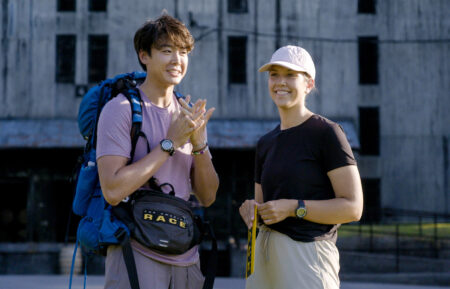
‘The Amazing Race’ Winners Talk Finale & Potential ‘Survivor’ Run
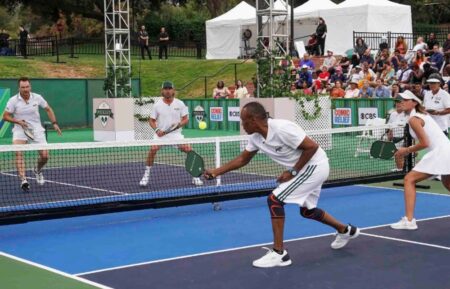
‘Pickled’ Teams Announced: Emma Watson, Sugar Ray Leonard, Daniel Dae Kim, Phil Keoghan, and More
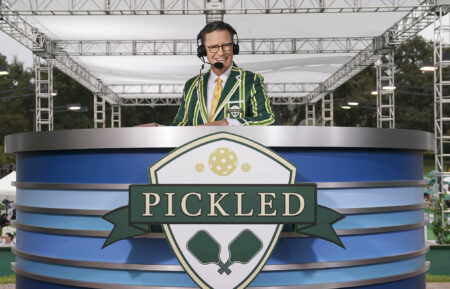
‘Pickled’ Sets Premiere Date: Will Ferrell, Luis Guzman, Daniel Dae Kim, Aisha Tyler & More to Play in Tournament
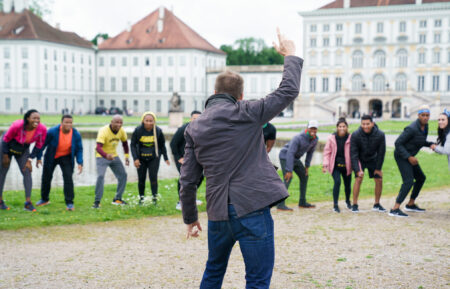
Spoiler Alert
What Did You Think of ‘The Amazing Race’ Season 34 Premiere Change? (POLL)
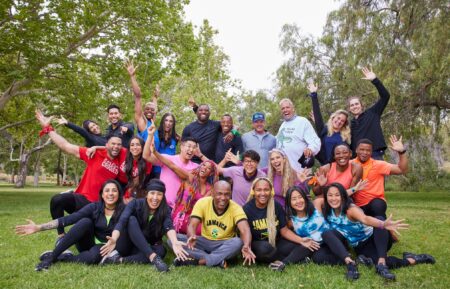
‘The Amazing Race’: Meet the Teams of Season 34 (PHOTOS)
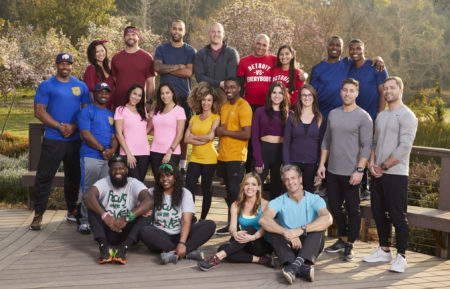
Spoiler Alert
‘The Amazing Race’: Did the Right Team Win Season 33? (POLL)

‘The Amazing Race’ Season 33: Meet the Teams (PHOTOS)
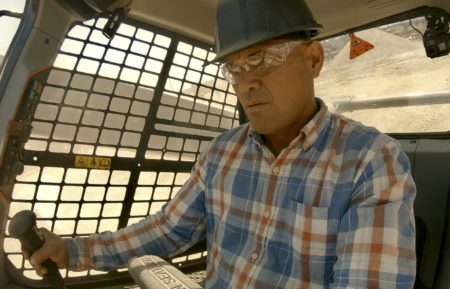
Exclusive
‘Tough as Nails’ Finale Sneak Peek: Jerome Has a Close Call With a Bulldozer (VIDEO)
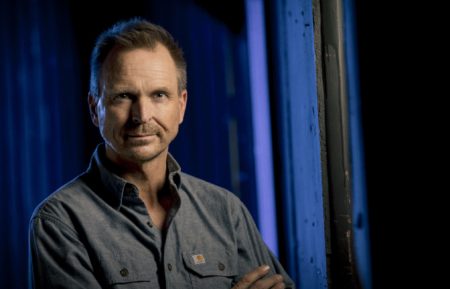
Preview
‘Tough as Nails’ Host Phil Keoghan on Mental Toughness & Its Season 3 Role
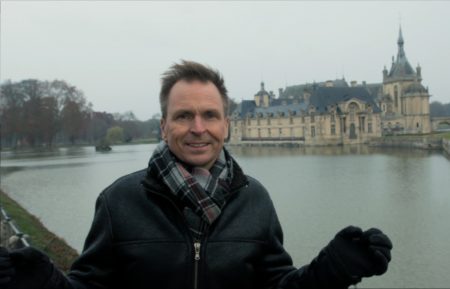
Phil Keoghan Reflects on 20 Years of ‘Amazing Race’ & Offers Season 33 Update
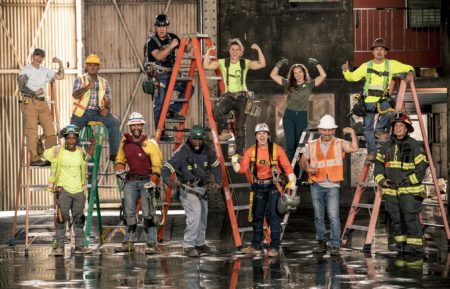
‘Tough as Nails’: Meet the Cast of Season 3 (PHOTOS)
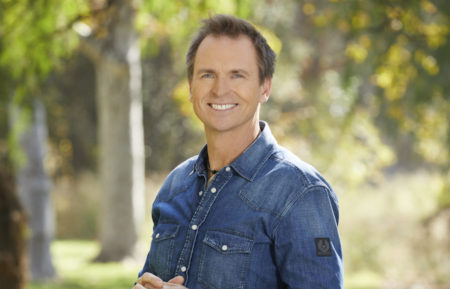
‘The Amazing Race’ Season 33 Resumes Production, CBS Series ‘Will Be Back This Season’
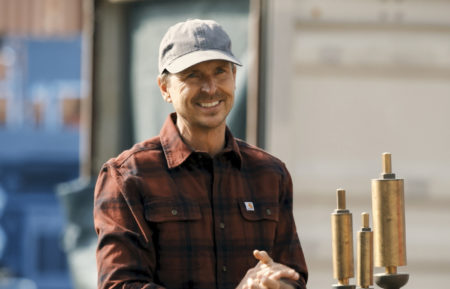
‘Tough as Nails’ Renewed for Seasons 3 and 4 at CBS
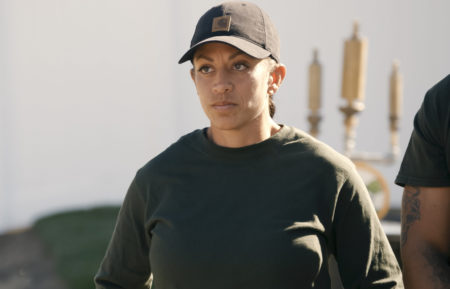
Exclusive
‘Tough As Nails’: Dirty Hands’ Iraida Shares a Harrowing Work Accident (VIDEO)
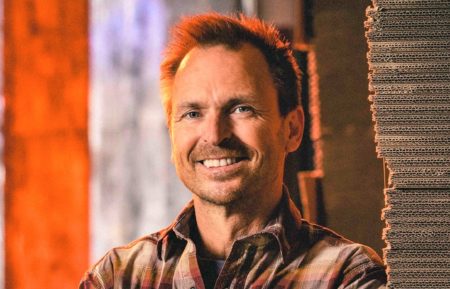
Preview
‘Tough as Nails’ EP on Phil Keoghan’s Side-Line Cheering for Season 2
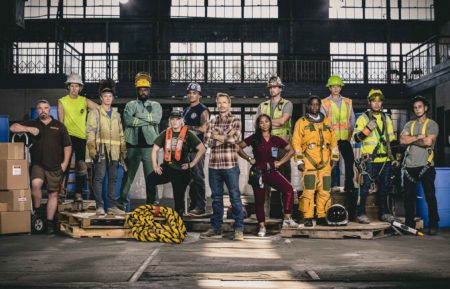
‘Tough As Nails’: Meet the Cast of Season 2 (PHOTOS)
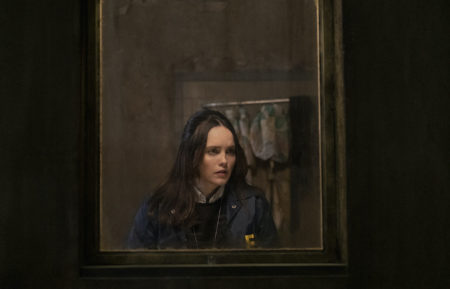
CBS Sets ‘Clarice’ Premiere & Releases First Teaser (VIDEO)
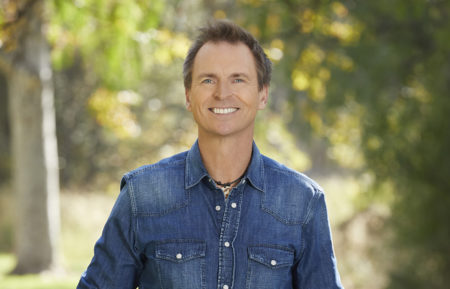
Preview
Phil Keoghan Reflects on Standout ‘Amazing Race’ Moments Ahead of Season 32
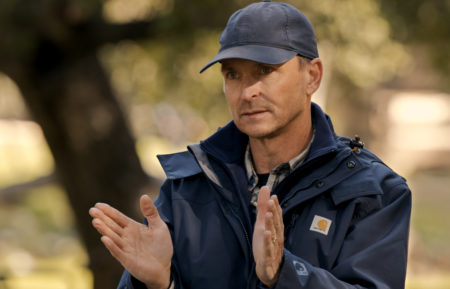
Q&A
‘Tough As Nails’: Phil Keoghan Previews a Pressure-Filled Finale (VIDEO)
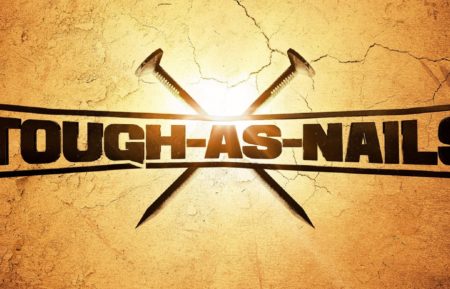
CBS Renews ‘Tough as Nails’ for Season 2
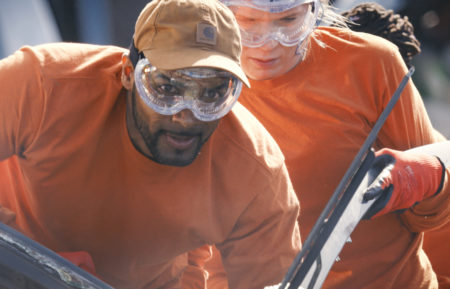
Exclusive
‘Tough As Nails’: Will Brains or Brawn Win Out in Dismantling a Car? (VIDEO)
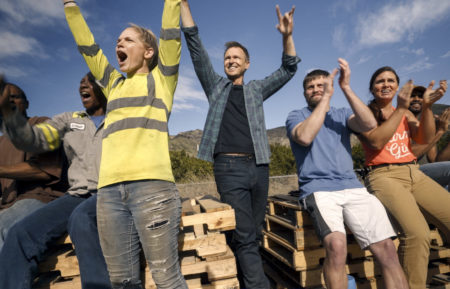
Wednesday TV Ratings: Phil Keoghan’s ‘Tough As Nails’ Flexes Ratings Muscle
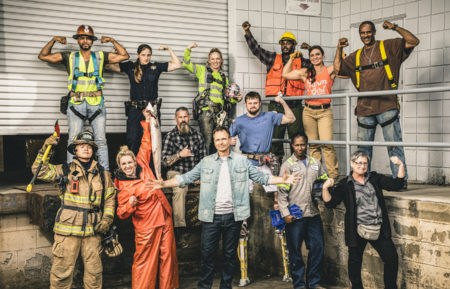
Preview
‘Tough as Nails’ Host Phil Keoghan on Shining a Light on Unsung Heroes
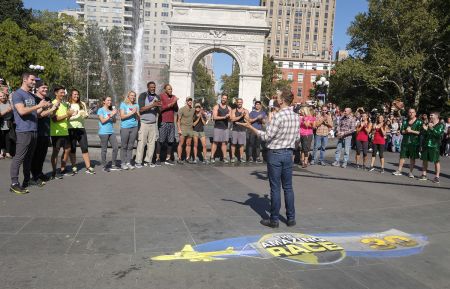
Phil Keoghan Takes Us Behind the Scenes of ‘The Amazing Race’ Season 30
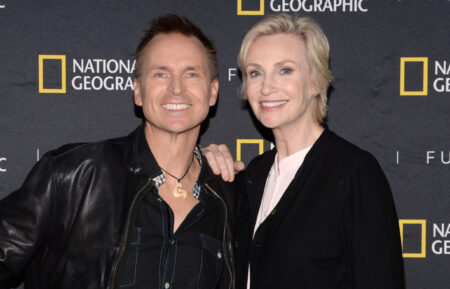
Nat Geo Takes ‘Earth Live’ to the Movies (VIDEO)
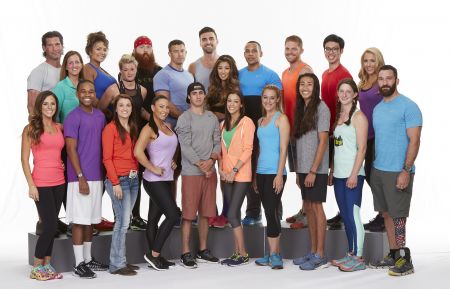
Meet the New Cast of ‘The Amazing Race’ Season 29
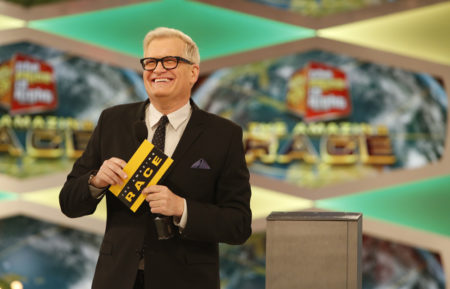
CBS Reveals Reality All-Stars Competing on ‘The Price Is Right’ Primetime Specials
